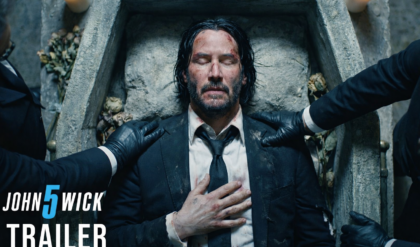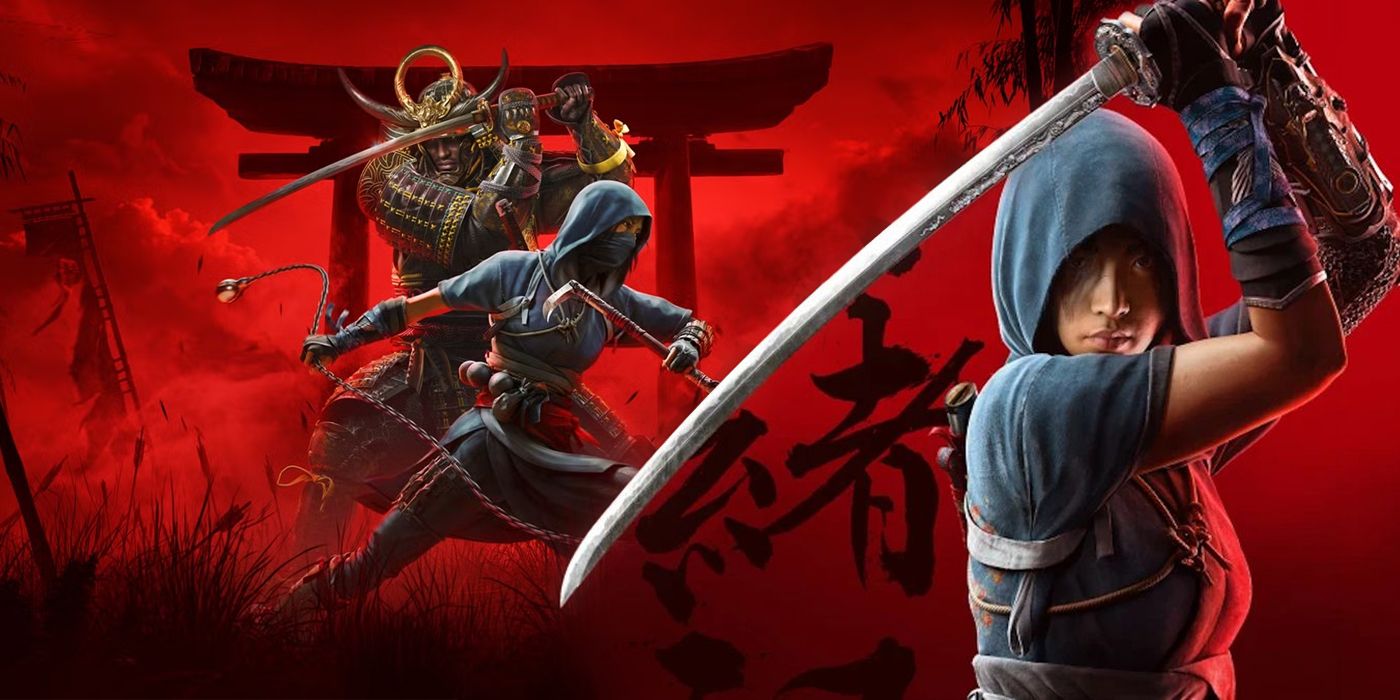
In recent years, however, a divide has emerged among fans, and negative sentiments toward Assassin’s Creed franchise have begun to increase. There are two key changes that have caused some players to lose interest: the shift toward RPG-style gameplay and the modern-day sections, which many find either boring or unimportant. Hopefully, Assassin’s Creed Shadows will address these concerns and win back the fans Ubisoft has lost.
Assassin’s Creed’s Modern Segments Have Started to Get Boring
Without Desmond, Modern-Day Assassin’s Creed Isn’t Interesting
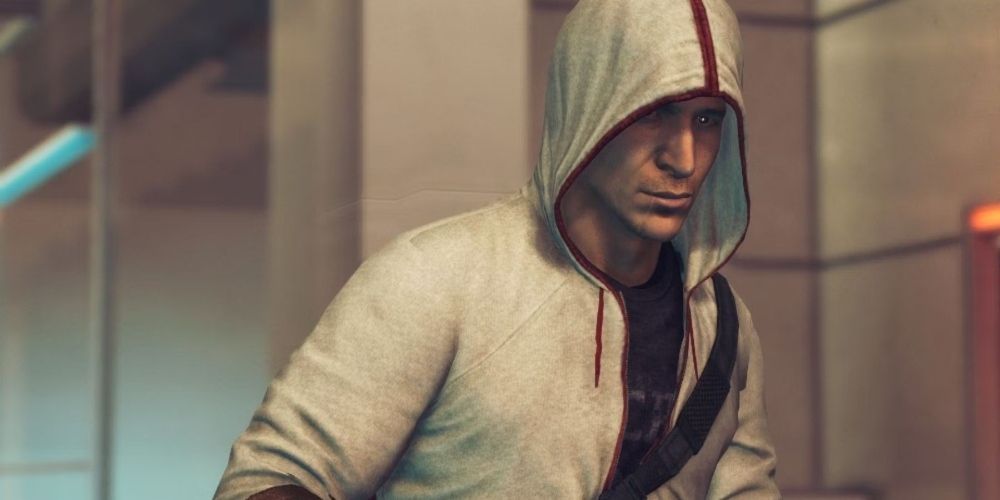
The early games in the Assassin’s Creed series involved two intertwined storylines: the historical events relived through genetic memory in the Animus and the modern-day conflict over the Pieces of Eden, with factions seeking to use their power for good or evil. Assassin’s Creed‘s modern-day sections centered on Desmond Miles, who struggled with his initial disdain for the ancient war between Assassins and Templars before realizing his crucial role in saving the world. These segments often served as a break for players, with noticeable time jumps in the Animus memories upon re-entry.
Revelations took a different approach and placed Desmond inside the Animus while he lay in a coma. These sections introduced Subject 16, also known as Clay Kaczmarek, a distant relative of Ezio Auditore who died from overexposure to the Animus, and focused more on lore and Desmond’s thoughts rather than action.
Assassin’s Creed III was a divisive game, but it marked the peak of the modern-day sections and finally put Desmond to work. Players infiltrated a sports stadium, parachuted off a crane into a skyscraper, and took down key figures in the Templar command structure. During this period, there was even a strong demand from fans for a game set entirely in the modern day with Desmond as the main protagonist.
But while the modern-day segments were once a highlight of Assassin’s Creed, killing off Desmond ruined this aspect of the series. The next game, Assassin’s Creed IV: Black Flag, was one of the best in the franchise. It was the ultimate pirate simulator with Assassins and Templars woven into the story, but unfortunately, its modern-day sections were abysmal.
Ubisoft Can Make Assassin’s Creed’s Modern Segments Interesting Again
The Next Assassin’s Creed Game Needs Real Modern-Day Gameplay
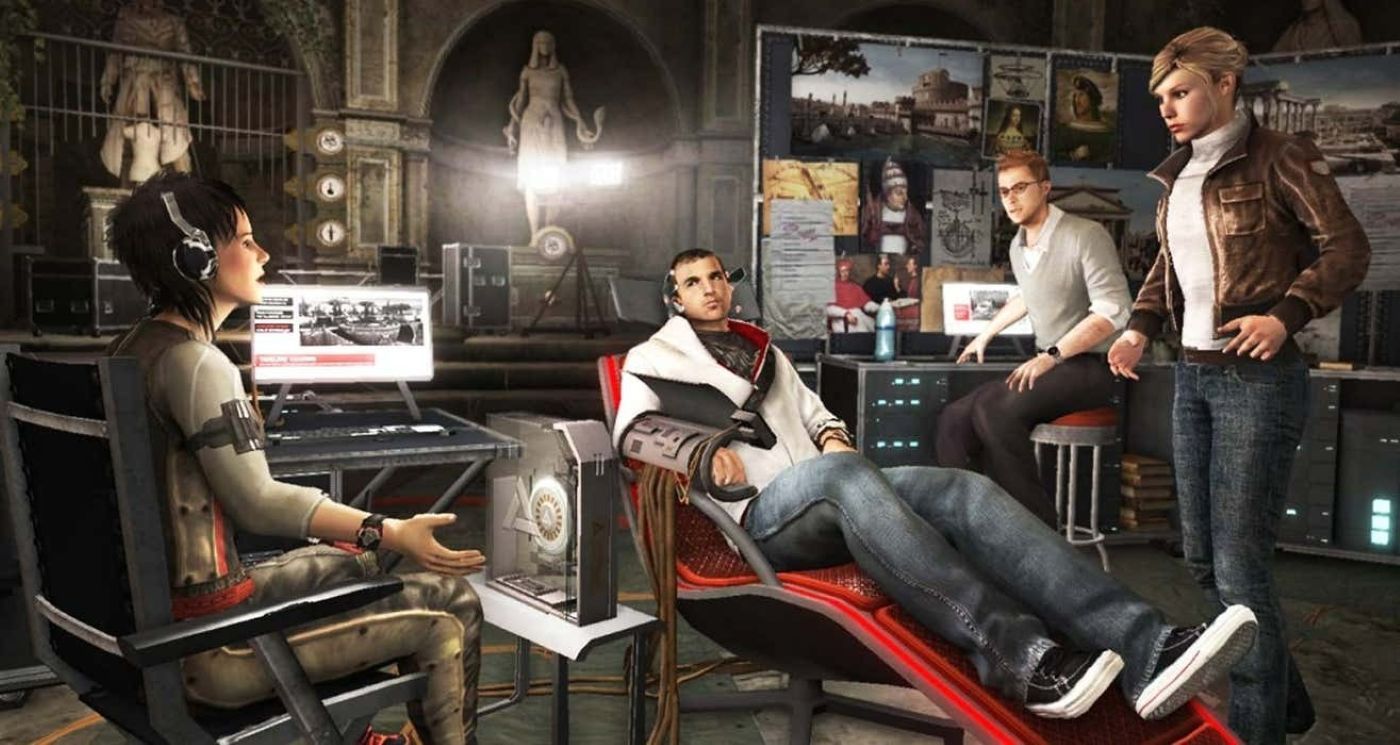
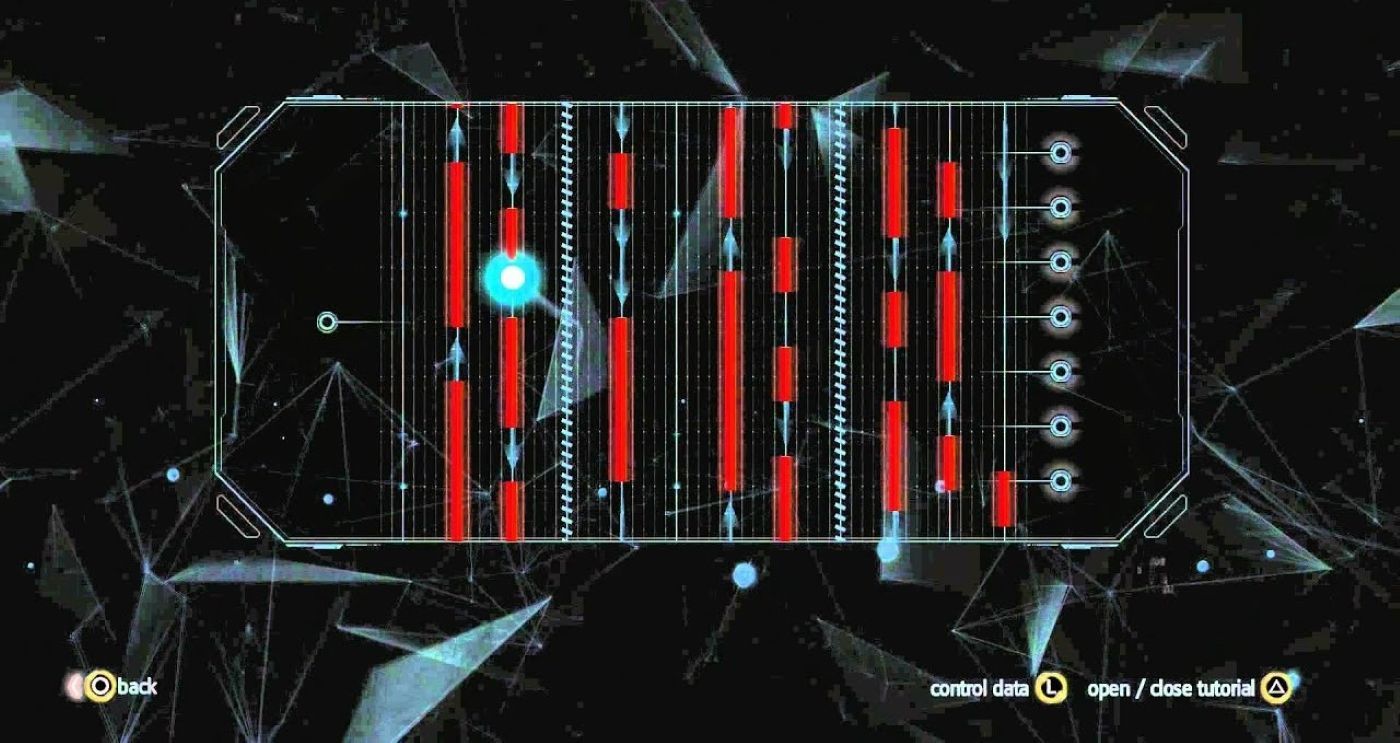
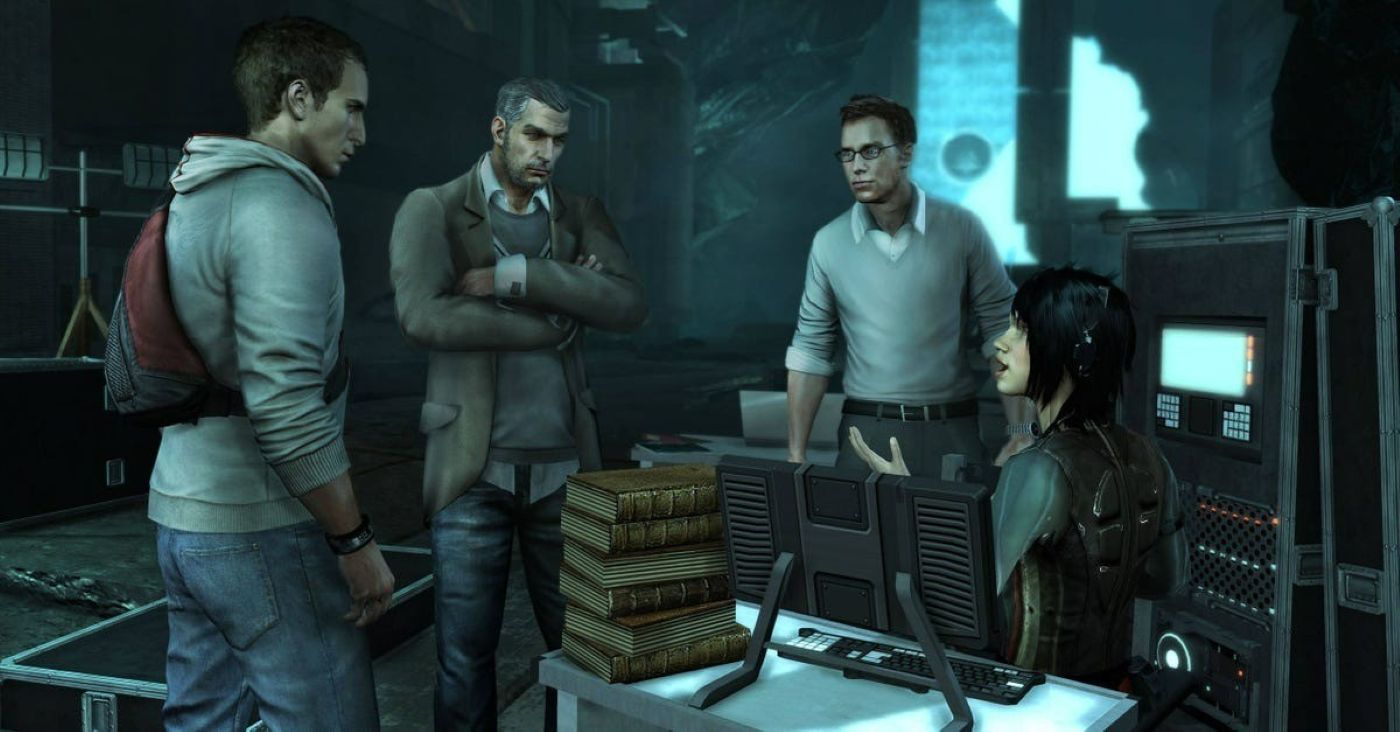



All Ubisoft needs to do to restore interest in the modern-day sections is introduce a new character to pick up where Desmond left off and include actual gameplay beyond hacking mini-games. There’s also no reason Desmond couldn’t return to the Assassin’s Creed series, since far stranger things have happened in this universe, and his comeback could create compelling plot points.
No matter what the Assassins do, Abstergo and the Templars only seem to grow more powerful. Bringing Desmond back to lead the fight, armed with new abilities or knowledge, while another team searches the past for answers could make for a great narrative. The alternative, and a far less exciting one, would be to remove the modern-day story entirely once the current arc concludes, making the series purely about historical settings. Ubisoft has confirmed that Assassin’s Creed Shadows will introduce a new modern day story, so this could be a great opportunity to get the series back on track.
The Assassin’s Creed Franchise Has Leaned Heavily Into RPG Mechanics
Some Fans Feel That Assassin’s Creed Should Steer Away From RPG Gameplay
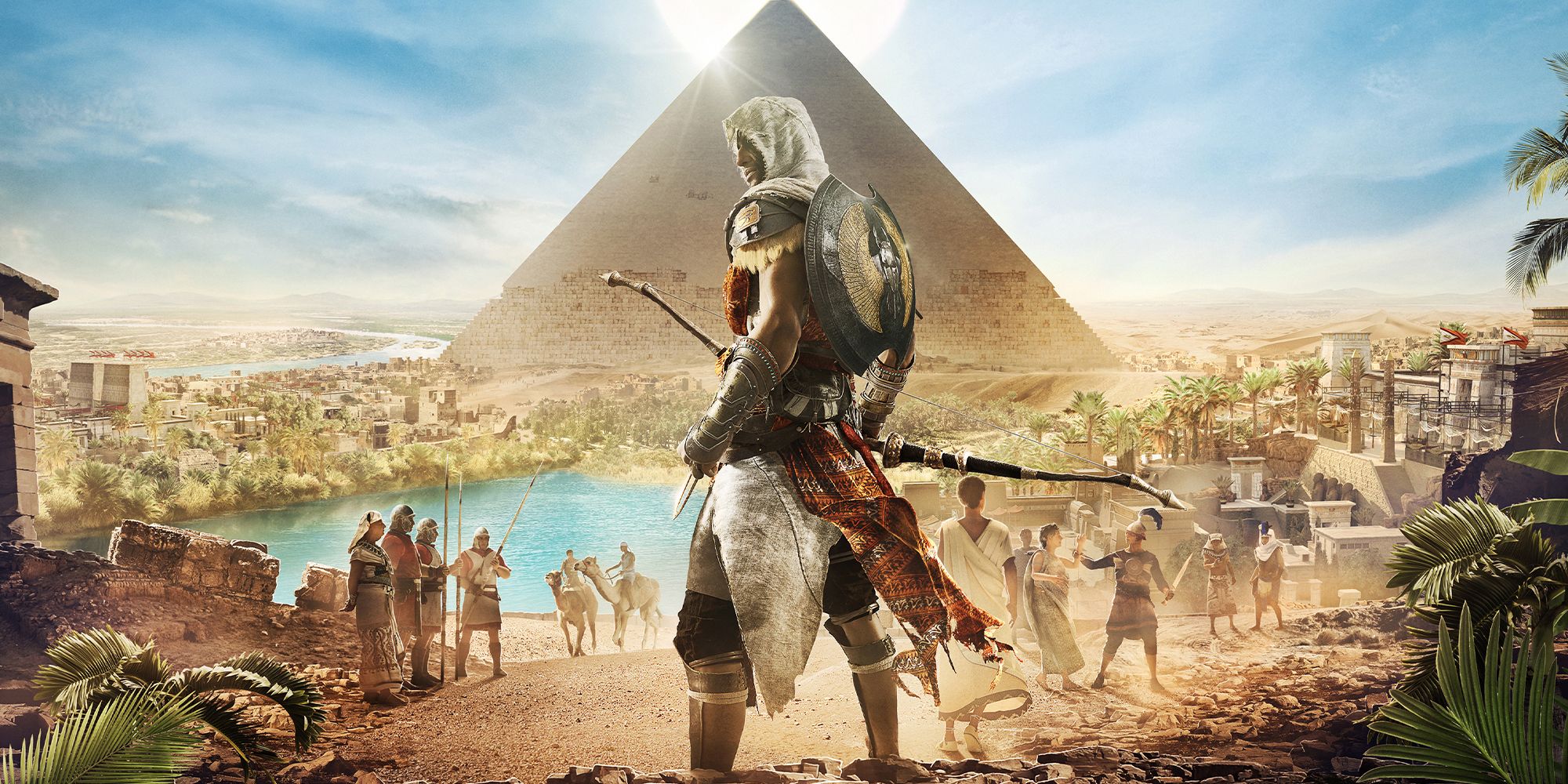
Before the release of Assassin’s Creed Origins, numerous gameplay trailers showed off the game’s new mechanics and features and revealed a shift toward a more complex RPG system with enemy levels, skill points, and equipment tiers. Some fans embraced these changes, but many others felt that the new mechanics strayed too far from the series’ roots.
When Assassin’s Creed added these new leveling systems, they also altered the way open-world exploration works. Now, certain areas of the map are essentially off-limits to players early on due to high-level enemies. This can break immersion, since the increasingly vast and detailed worlds encourage exploration. It’s frustrating when players to realize they have to backtrack because normally weak archers are suddenly too powerful.
The upcoming Assassin’s Creed Shadows aims to address this by giving its two main characters different playstyles, with one focusing on stealth and the other on combat. While it’s highly anticipated, Shadows could be make-or-break for the series, as few elements of what originally made Assassin’s Creed great remain.
Assassin’s Creed Needs Stripped-Down RPG Mechanics
The Assassin’s Creed Franchise Should Focus On Stealth Mechanics Again
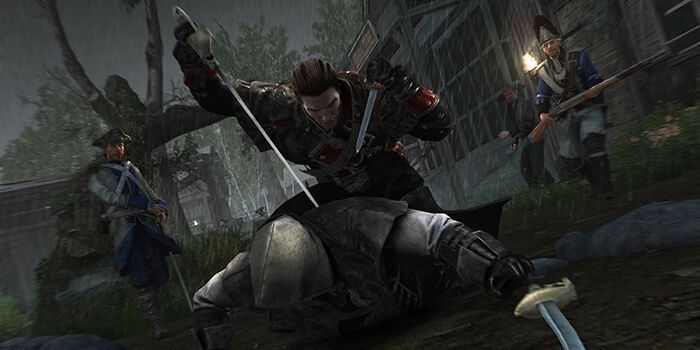
For better or worse, the RPG style is likely cemented in the Assassin’s Creed series moving forward, but it could benefit greatly from being stripped back. Leveled zones only serve to restrict gameplay and freedom, while equipment stats and levels often lead players to stick with a single weapon for the entire game. In Assassin’s Creed Valhalla, for example, players receive their father’s axe early on, and it remains one of the best weapons throughout the game.
A better approach would be to replace stat-based leveling with perk-based progression and bring back a system where purchasing armor simply increases health. Another issue that needs to be addressed is the hidden blade, which was once a defining weapon of the Assassin’s Creed series. In the RPG-era games, it requires heavy stat investment before it can reliably one-shot enemies, and it can no longer be used in combat.
A better approach would be to replace stat-based leveling with perk-based progression and bring back a system where purchasing armor simply increases health. Another issue that needs to be addressed is the hidden blade, which was once a defining weapon of the Assassin’s Creed series. In the RPG-era games, it requires heavy stat investment before it can reliably one-shot enemies, and it can no longer be used in combat.
The Assassin’s Creed series needs to return to its roots, with actual assassins driving both the story and gameplay. Not every game needs to involve the Brotherhood, but it should be a driving force in the mainline entries. If Ubisoft wants to move away from this, they always could release spinoff games that are standalone historical adventures set within the Assassin’s Creed universe. Putting less of an emphasis on RPG mechanics and more of a focus on stealth could make new Assassin’s Creed games as good as the classics.
